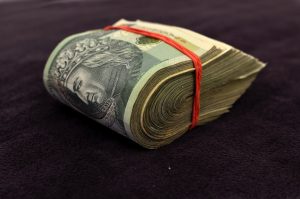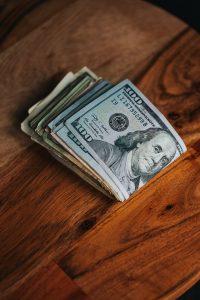Forex trading is a highly lucrative activity that attracts many individuals and businesses. However, as with any venture that generates income, taxes are a necessary consideration. Forex traders are required to pay taxes on their profits, and the amount varies depending on various factors.
The first factor that determines the amount of tax a forex trader pays is their residency status. If a trader resides in the United States, they are subject to U.S. tax laws. In this case, the Internal Revenue Service (IRS) treats forex trading as a business, and the trader is required to file taxes accordingly. Non-U.S. residents, on the other hand, are taxed based on the laws of their home country.
Another factor that determines the amount of tax a forex trader pays is the type of trading account they have. Forex traders can either have a personal account or a business account. Personal accounts are for individual traders, while business accounts are for companies that engage in forex trading. The tax implications of these two types of accounts are different.
For personal accounts, forex traders are required to report their profits and losses on their income tax returns. The profits and losses are reported on Schedule D of Form 1040. The tax rate for forex trading profits is the same as the regular income tax rate. The tax rate varies depending on the trader’s income level, with the highest tax rate being 37%.
For business accounts, the tax implications are more complex. Forex traders who have a business account are required to file a separate tax return for their forex trading activity. The tax return is filed using Form 1120, and the profits and losses are reported on Schedule D of Form 1120. The tax rate for forex trading profits in a business account is 21%, which is lower than the regular income tax rate.
Another factor that determines the amount of tax a forex trader pays is the type of instrument they trade. Forex traders can trade in various instruments, including currencies, commodities, and stocks. The tax implications of these instruments are different.
For forex traders who trade in currencies, the tax treatment is straightforward. The profits and losses are treated as ordinary income or loss, and the tax rate is the same as the regular income tax rate. For forex traders who trade in commodities, the tax treatment is more complex. The profits and losses are treated as capital gains or losses, and the tax rate depends on how long the trader held the commodity. If the commodity was held for less than a year, the tax rate is the same as the regular income tax rate. If the commodity was held for more than a year, the tax rate is lower.
For forex traders who trade in stocks, the tax treatment is also more complex. The profits and losses are treated as capital gains or losses, and the tax rate depends on how long the trader held the stock. If the stock was held for less than a year, the tax rate is the same as the regular income tax rate. If the stock was held for more than a year, the tax rate is lower.
In conclusion, forex traders are required to pay taxes on their profits, and the amount varies depending on various factors. The tax rate for forex trading profits is the same as the regular income tax rate for personal accounts and 21% for business accounts. The tax implications of the instrument traded also play a role in determining the tax rate. It is essential for forex traders to consult with a tax professional to ensure they are compliant with tax laws and are paying the correct amount of taxes.





